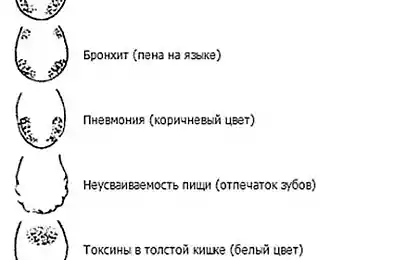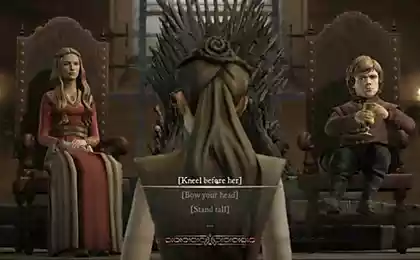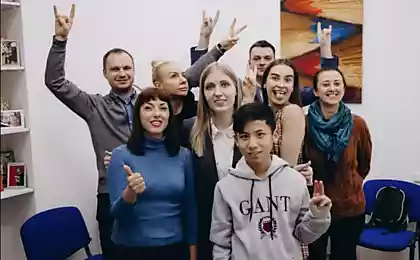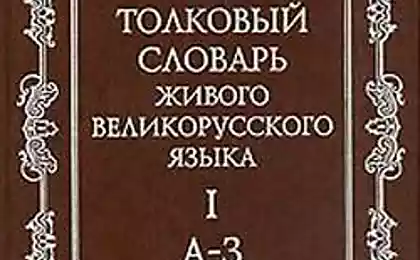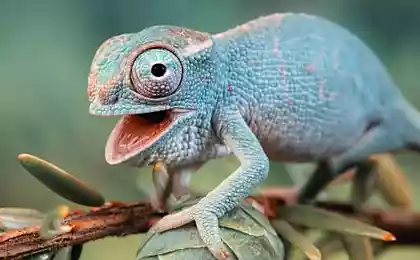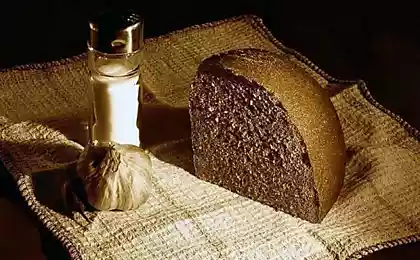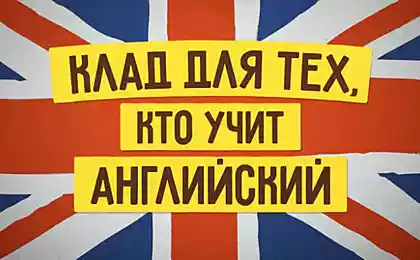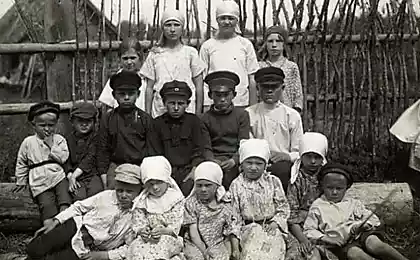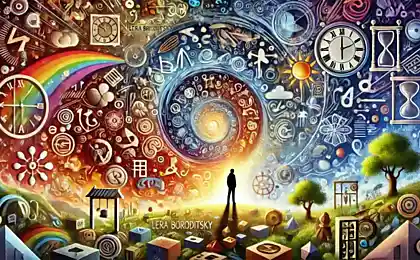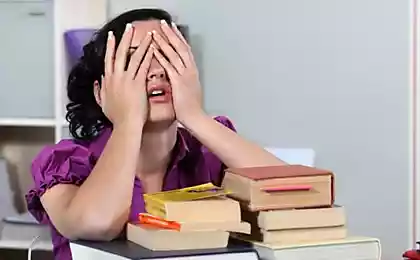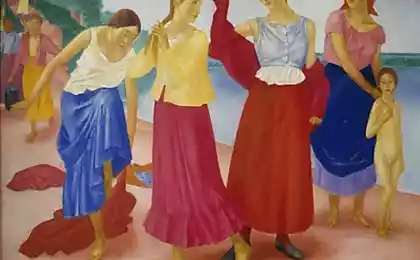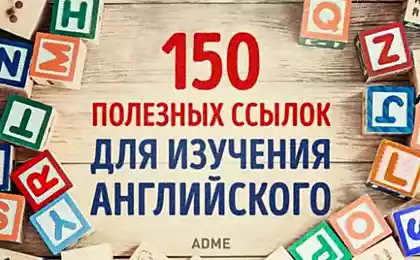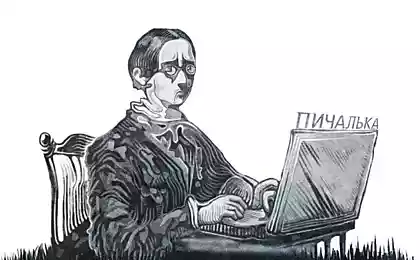787
15+ Magic Subtleties great and mighty Russian Language
Russian - not only a wonderful and magical language, but also the language of incredible! The same words, we can identify different things or concepts, to express completely different emotions and feelings. We have so got used to their mother tongue, that we do not notice that some lexical momentum can easily confuse a foreign citizen.
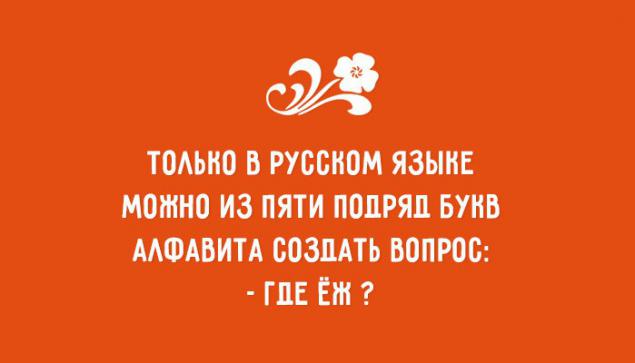
1. Only in our country the word "uh huh" is synonymous with the words "please", "thank you", "good day", "not at all" and "excuse me" and the word "come" in most cases, replaces the "goodbye" .
2. How to translate into other languages, that "very smart" - is not always a compliment, "very smart" - mockery, and "too clever" - a threat?
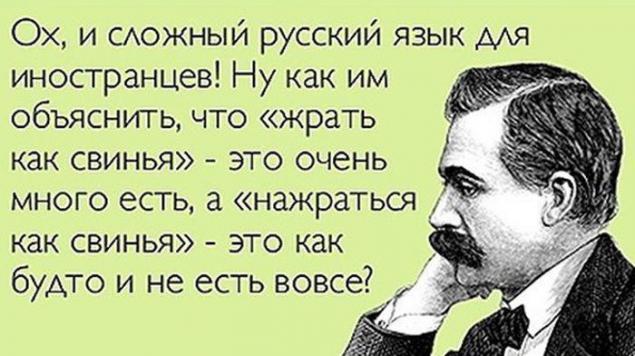
3. Why do we have a future, the present and the past, but still now we can express and the past ("I was walking down the street yesterday ...") and the future ("Tomorrow I go to the cinema"), and the elapsed time we can express an order ("Quickly left here!»)?
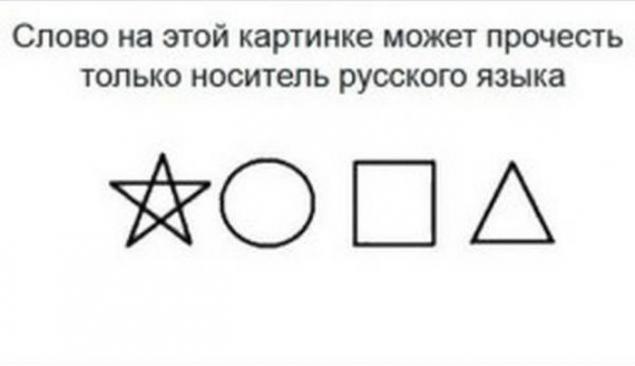
4. There are languages where permissible double negative is - which is not allowed; in the language of the double negation can express approval, but only in Russian double statement "Well, yes, of course!" - expresses the denial or doubt in the words of the speaker.
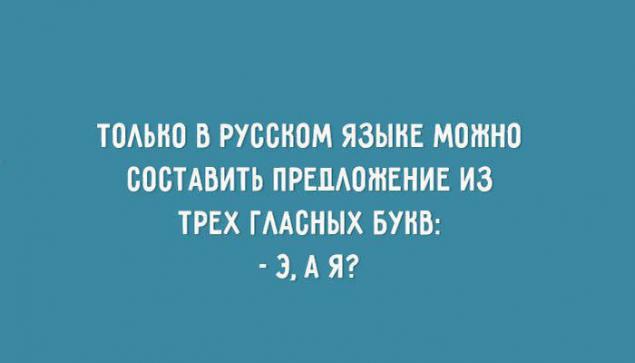
5. All foreigners studying Russian, wonder why "nothing" can mean not only "do", but "normal", "good", "excellent" and "okay" and "not worth an apology."
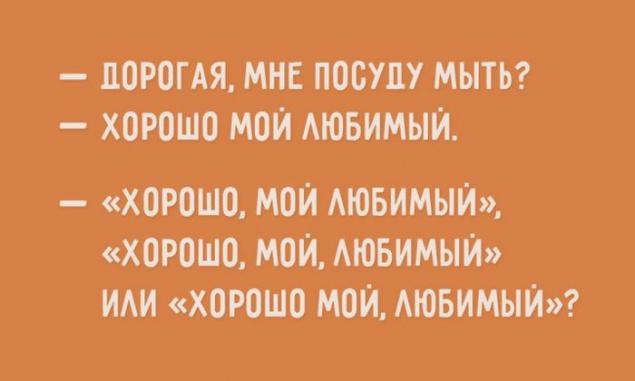
6. In the Russian language the same obscenities and insult possible, and admire, and to express all the other shades of emotion.
7. stupor person studying Russian, can enter the phrase "yes, no, maybe," while bearing in himself and approval and denial, and self-doubt, but still expressing uncertainty tinged with denial of the possibility of a positive decision.
8. Try to explain clearly what the difference between "drink tea" and "drink tea"; What's the difference between "here" and "here"; why action in the past can be expressed in words, "before", "well", "just now", "recently", "the other day" and a dozen others and why in certain situations, they can replace each other?
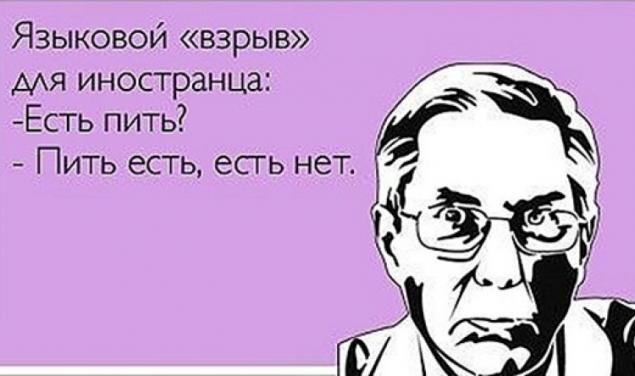
9. Try to explain to a foreigner the phrase "hands do not get to see».
10. How accurately be called Mood with the particle "to" when it expresses in different situations and conditions, and the request, and the desire and reverie, and the need for, and the assumption and the proposal, and regret?
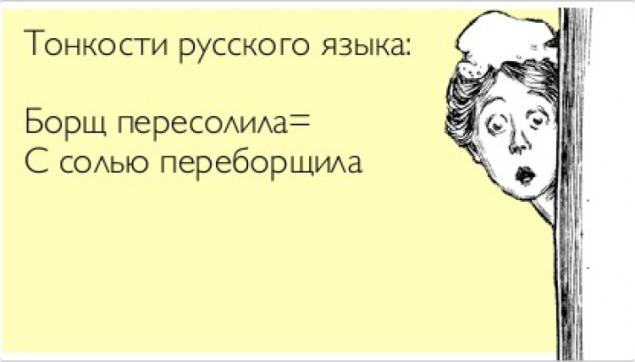
11. In the Russian language is sometimes the verb do not have any form, and this is due to the laws of euphony. For example, "win." He wins, you win ... I win? I will run? defeated? Philologists suggest using replacement design "I win" or "become a winner." Since the form of the first person singular no verb is inadequate.
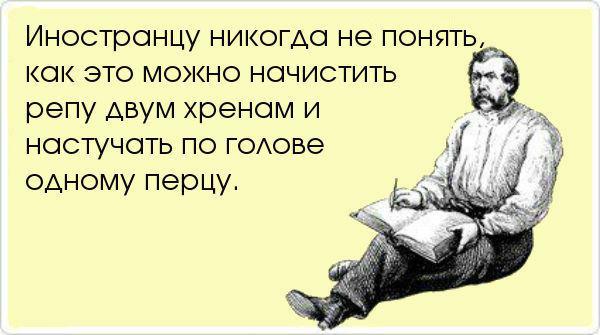
12. A glass on the table is, and plug lays. If we plug the countertop, the plug will stand. That is, the items are vertical and horizontal lie?
Adding to the table a plate and a pan. They're kind of like a horizontal, but are on the table. Now put the plate in the pan. There she is, and in fact was on the table. Maybe things are ready to use? No, the plug-it was ready when lying.
Now the cat climbs on the table. She can stand, sit and lie down. If in terms of standing and lying she somehow creeps into the logic of "vertical-horizontal", the rest - it is a new property. She sits on the priest. Now on the table sat a bird. She sits on the table, but sitting on the legs, not the pope. Though like there should be. But it can not stand at all. However, if we kill the poor and make a stuffed bird, it will be on the table.
It may seem that the seat - an attribute of the living, but boots on the leg sits too, although he did not live and does not have priests. So, go and understand Well, that is what is and what is sitting.

1. Only in our country the word "uh huh" is synonymous with the words "please", "thank you", "good day", "not at all" and "excuse me" and the word "come" in most cases, replaces the "goodbye" .
2. How to translate into other languages, that "very smart" - is not always a compliment, "very smart" - mockery, and "too clever" - a threat?

3. Why do we have a future, the present and the past, but still now we can express and the past ("I was walking down the street yesterday ...") and the future ("Tomorrow I go to the cinema"), and the elapsed time we can express an order ("Quickly left here!»)?

4. There are languages where permissible double negative is - which is not allowed; in the language of the double negation can express approval, but only in Russian double statement "Well, yes, of course!" - expresses the denial or doubt in the words of the speaker.

5. All foreigners studying Russian, wonder why "nothing" can mean not only "do", but "normal", "good", "excellent" and "okay" and "not worth an apology."

6. In the Russian language the same obscenities and insult possible, and admire, and to express all the other shades of emotion.
7. stupor person studying Russian, can enter the phrase "yes, no, maybe," while bearing in himself and approval and denial, and self-doubt, but still expressing uncertainty tinged with denial of the possibility of a positive decision.
8. Try to explain clearly what the difference between "drink tea" and "drink tea"; What's the difference between "here" and "here"; why action in the past can be expressed in words, "before", "well", "just now", "recently", "the other day" and a dozen others and why in certain situations, they can replace each other?

9. Try to explain to a foreigner the phrase "hands do not get to see».
10. How accurately be called Mood with the particle "to" when it expresses in different situations and conditions, and the request, and the desire and reverie, and the need for, and the assumption and the proposal, and regret?

11. In the Russian language is sometimes the verb do not have any form, and this is due to the laws of euphony. For example, "win." He wins, you win ... I win? I will run? defeated? Philologists suggest using replacement design "I win" or "become a winner." Since the form of the first person singular no verb is inadequate.

12. A glass on the table is, and plug lays. If we plug the countertop, the plug will stand. That is, the items are vertical and horizontal lie?
Adding to the table a plate and a pan. They're kind of like a horizontal, but are on the table. Now put the plate in the pan. There she is, and in fact was on the table. Maybe things are ready to use? No, the plug-it was ready when lying.
Now the cat climbs on the table. She can stand, sit and lie down. If in terms of standing and lying she somehow creeps into the logic of "vertical-horizontal", the rest - it is a new property. She sits on the priest. Now on the table sat a bird. She sits on the table, but sitting on the legs, not the pope. Though like there should be. But it can not stand at all. However, if we kill the poor and make a stuffed bird, it will be on the table.
It may seem that the seat - an attribute of the living, but boots on the leg sits too, although he did not live and does not have priests. So, go and understand Well, that is what is and what is sitting.
Finnish photographer to photograph A unique friendship between wolves and bears
30 photos that causes uncontrollable fits of laughter!

